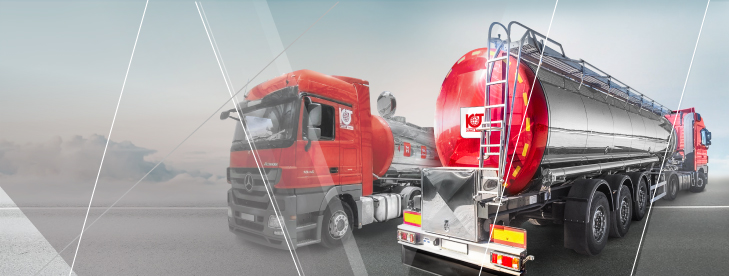

Upon the successful completion of the program, participants will be able to:-
This program is intended for marine terminal staff, marine operation staff, oil movement personnel, custody measurement people, metering engineers and process engineers who have limited direct understanding of Liquid Bulk handling operations and as a base Program for trainees with little or no experience of Liquid Bulk handling operations. Also for Process/facilities engineers, senior operating personnel, and production chemists.
CDGA attendance certificate will be issued to all attendees completing minimum of 75% of the total course duration.
| Code | Date | Venue | Fees | Register |
|---|---|---|---|---|
| PE159-01 | 29-03-2026 | Muscat | USD 5450 | |
| PE159-02 | 14-06-2026 | Dubai | USD 5450 | |
| PE159-03 | 13-09-2026 | Amman | USD 5450 | |
| PE159-04 | 13-12-2026 | Jeddah | USD 5450 |
Providing services with a high quality that are satisfying the requirements
Appling the specifications and legalizations to ensure the quality of service.
Best utilization of resources for continually improving the business activities.
CDGA keen to selects highly technical instructors based on professional field experience
Since CDGA was established, it considered a training partner for world class oil & gas institution
3012, Block 3, 30 Euro Business Park, Little Island, Co. Cork, T45 V220, Ireland
Mon to Fri 09:00 AM to 06:00 PM
Contact Us anytime!
Request Info